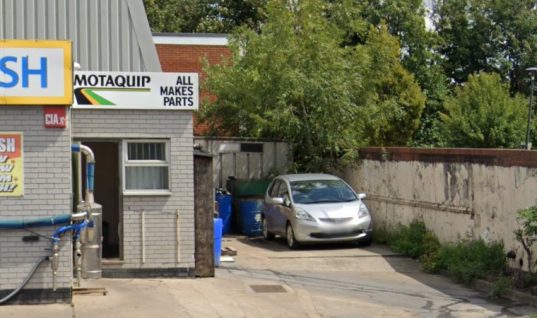A growing number of car manufacturers are adjusting their ambitious electric vehicle (EV) strategies, pushing back deadlines for going all-electric. This shift comes amid slowing global EV sales, charging infrastructure concerns, fluctuating government policies, and tariffs. Several prominent brands are now opting for a “dual-powertrain” or “multi-energy” approach to maintain flexibility and cater to diverse market demands.
Mercedes-Benz has confirmed it will extend the sale of petrol and hybrid models beyond its original 2030 target, with CEO Ola Kallenius noting that “electrified high-tech combustion engines will run longer than we originally expected” due to slower EV adoption in some regions.
Volvo, previously aiming for an all-electric lineup by 2030, now targets 90-100% pure electric or plug-in hybrid sales by the decade’s end, allowing for some mild hybrids if needed. The company cites slower charging infrastructure rollout and shifting incentives.
Audi has also reversed its commitment to end internal combustion engine (ICE) car production by 2033, embracing “flexibility” to continue making ICE and plug-in hybrid vehicles into the next decade.
Porsche adjusted its 80% EV sales target for 2030, acknowledging the transition will take longer than anticipated and confirming continued sales of combustion-engine models like the Cayenne SUV.
Ford, which previously had ambitious plans for an all-electric European passenger vehicle lineup by 2030, has scaled back, admitting the deadline was “too ambitious” due to customer demand “uncertainty” and challenging legislative changes.
Even luxury brands are adapting: Aston Martin has pushed back its first EV launch to the end of the decade, prioritising a plug-in hybrid model, and will transition to all-electric between 2035 and 2040. Bentley has delayed its fully electric transition by five years to 2035, citing falling EV demand and infrastructure gaps. Lamborghini is pushing its Lanzador EV launch to 2029, with CEO Stephan Winkelmann stating the market for their segment won’t be ready sooner.
Alfa Romeo has changed its 2027 EV-only deadline to a “multi-energy approach,” while Lotus has scrapped its 2028 all-electric plan in favour of investing in hybrid technology due to slowing demand.
Some manufacturers, like BMW and Renault, are also expressing doubts about aggressive EV timelines. BMW paused a £600m investment in Mini’s EV plant due to “multiple uncertainties,” and former Renault CEO Luca De Meo called for “more flexibility” in the 2035 EU deadline for new petrol and diesel car sales, citing customer readiness issues.
These adjustments reflect a growing pragmatism within the automotive industry as it navigates the complex transition to electric mobility.
Source: Daily Mail







